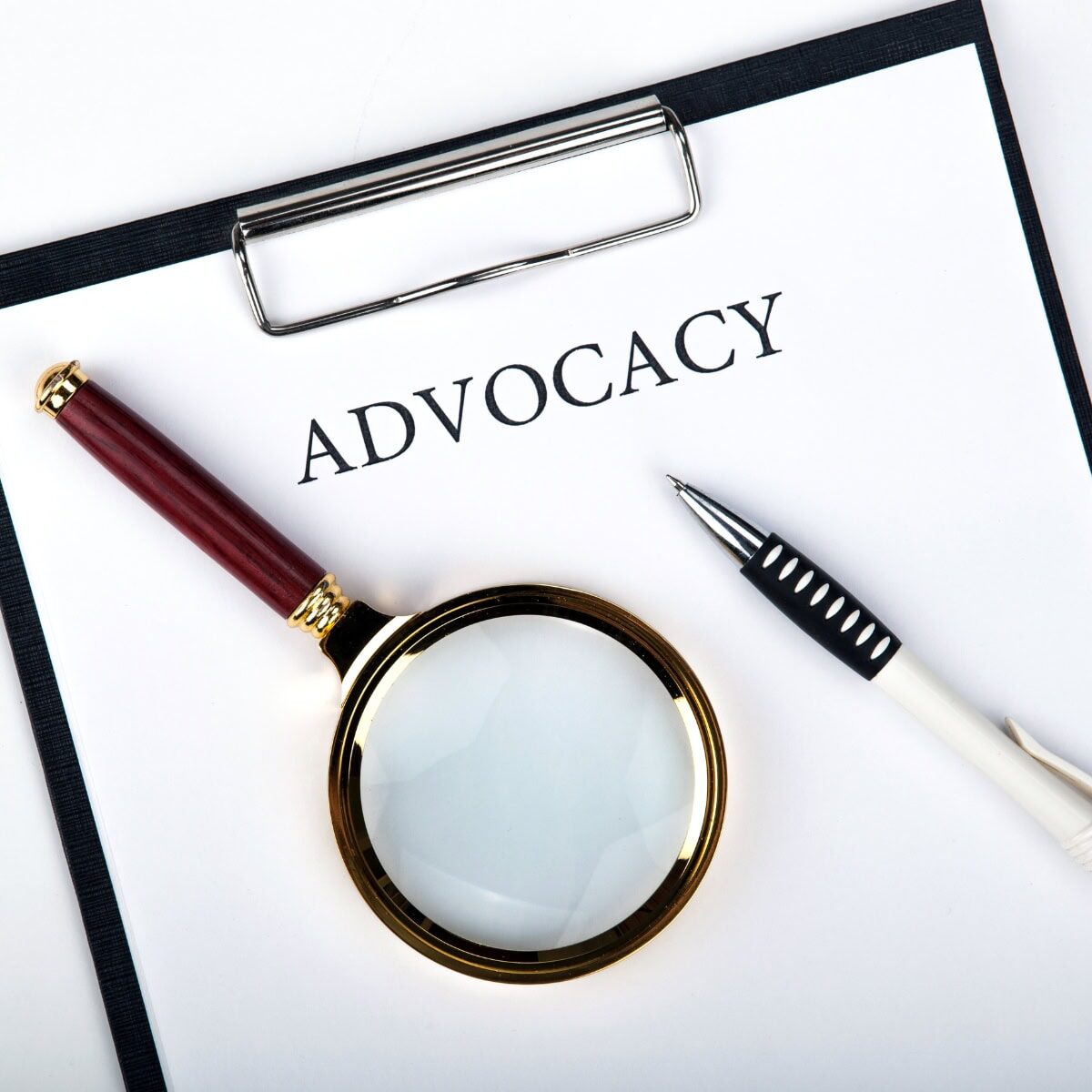The college hazing reporting bills, “Stop Campus Hazing Act” (HR 5646/S 2901) was signed into law and will go into effect June 23, 2026.
The Stop Campus Hazing Act will require:
- Colleges disclose hazing incidents through an annual security (Cary Act) report
- Implementing hazing education/prevention programs
The bill, under the leadership of Rep. Lucy McBath (D-GA) & Sen. Amy Klobuchar (D-MN) passed Congress earlier in September and then was signed into law by President Biden just before Christmas. While not required, the US Department of Education typically puts out guidance and/or Q&A around changes in requirements of this nature.
Details of the Act
College will need to report statistics compiled per each single hazing incident and in accordance with the definition of the term ‘hazing’ outlined in the Act. In cases where the same person or persons commit more than one hazing act and the time and place intervals separating each such act are insignificant, such acts shall be reported as a single hazing incident.
The term “hazing,” for purposes of reporting statistics on hazing incidents, means any intentional, knowing, or reckless act committed by a person (whether individually or in concert with other persons) against another person or persons regardless of the willingness of such other person or persons to participate, that:
- is committed in the course of an initiation into, an affiliation with, or the maintenance of membership in, a student organization; and
- causes or creates a risk, above the reasonable risk encountered in the course of participation in the institution of higher education or the organization (such as the physical preparation necessary for participation in an athletic team), of physical or psychological injury including:
- whipping, beating, striking, electronic shocking, placing of a harmful substance on someone’s body, or similar activity;
- causing, coercing, or otherwise inducing sleep deprivation, exposure to the elements, confinement in a small space, extreme calisthenics, or other similar activity;
- causing, coercing, or otherwise inducing another person to consume food, liquid, alcohol, drugs, or other substances;
- causing, coercing, or otherwise inducing another person to perform sexual acts;
- any activity that places another person in reasonable fear of bodily harm through the use of threatening words or conduct;
- any activity against another person that includes a criminal violation of local, State, Tribal, or Federal law; and
- any activity that induces, causes, or requires another person to perform a duty or task that involves a criminal violation of local, State, Tribal, or Federal law.”
Colleges will also be required to post a statement of current policies relating to hazing (as defined by the institution), how to report incidents of such hazing, the process used to investigate such incidents of hazing, and information on applicable local, State, and Tribal laws on hazing (as defined by such local, State, and Tribal laws).
Colleges will also be required to post a statement of policy regarding prevention and awareness programs related to hazing (as defined by the institution) that includes a description of research-informed campus-wide prevention programs designed to reach students, staff, and faculty, which include primary prevention strategies intended to stop hazing before hazing occurs, which may include skill building for bystander intervention, information about ethical leadership, and the promotion of strategies for building group cohesion without hazing.





